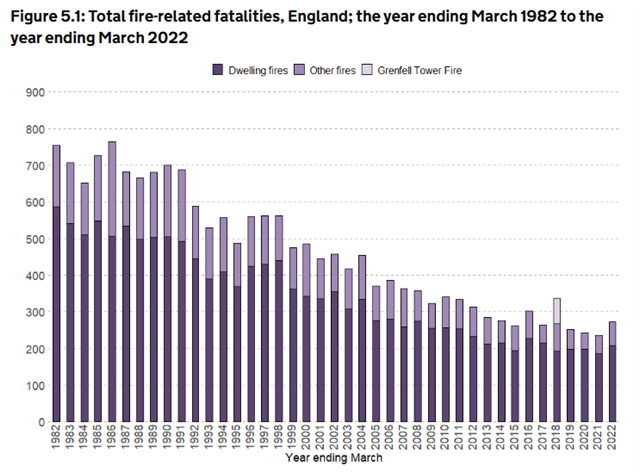Should there be legal mandate for arson-specific prevention
BS 5839 Part 1,
Regulatory Reform (Fire Safety) Order 2005
HTM 05 ( Health Technical Memorandum (HTM) 05-02)
According to Home Office data, examined by CheckFire, nearly 1,100 deliberate fires occurred across hospitality venues, healthcare facilities, industrial premises, retail locations, and educational settings in England alone, in the year ending March 2024
As always please be polite and respectful in this purely academic debate.
Come on everybody let’s help inspire the future.

